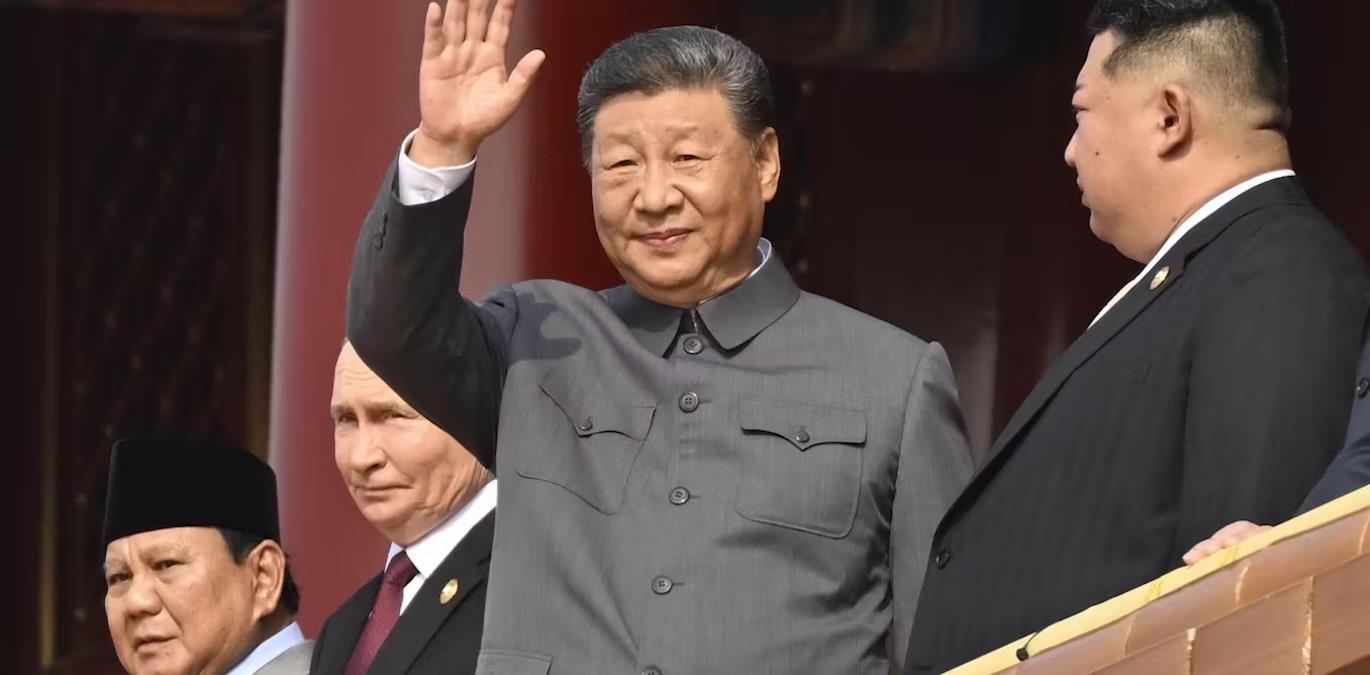Inside Japan's Struggle To Build Sovereign AI
In response, “Sovereign AI” -a concept referring to a country's capacity for developing and operating AI systems-has emerged as a global policy priority.
Indigenous AI technologies are seen as critical as they increasingly shape modern lives. Domestic foundation AI models can perform with a deeper understanding of a country's linguistics and cultural nuances, while also reducing reliance on foreign technologies.
Despite its robust economy and a strong R&D foundation , Japan is no exception in the global race for sovereign AI. Since the dawn of the AI age in the early 2020s, the country has lagged behind the US and China in AI innovation.
In response, through a combination of targeted innovation policies, Japan is seeking to reverse this trend and foster an indigenous AI ecosystem. As more countries pursue sovereign AI capabilities, Japan's initiatives and outcomes could hold important implications for similar efforts around the globe.
What is 'Sovereign AI'?The recent explosion of AI and LLM technologies promises substantial gains in efficiency and productivity across societies. From personal assistance and corporate activities to academic research and public infrastructure , AI is enhancing performance and boosting output across diverse domains.
However, the global benefits of AI innovation are expected to be unevenly distributed. In nearly all performance benchmarks, the top-performing AI models are dominated by US and Chinese tech firms.
UNCTAD's global development report predicts the AI market will reach US$4.8 trillion in 2033, but those gains will likely be concentrated among a small number of companies and regions.
The concept of“sovereign AI” has gained currency in response to these concerns. Sovereign AI refers to a nation's ability to develop and sustain indigenous AI capabilities-including foundational model technologies, data systems and supporting infrastructure-that ensure autonomous control over AI development and deployment while minimizing reliance on foreign providers.
The primary advantage of AI sovereignty lies in its ability to generate outputs that are tailored to the specific needs of its user base. Since the performance of foundation models relies heavily on training data, domestic models trained in local languages and informed by historical and cultural context are better positioned to serve national needs than foreign models designed for universal use.

Legal Disclaimer:
MENAFN provides the
information “as is” without warranty of any kind. We do not accept
any responsibility or liability for the accuracy, content, images,
videos, licenses, completeness, legality, or reliability of the information
contained in this article. If you have any complaints or copyright
issues related to this article, kindly contact the provider above.
Most popular stories
Market Research

- Japan Buy Now Pay Later Market Size To Surpass USD 145.5 Billion By 2033 CAGR Of 22.23%
- BTCC Summer Festival 2025 Unites Japan's Web3 Community
- GCL Subsidiary, 2Game Digital, Partners With Kucoin Pay To Accept Secure Crypto Payments In Real Time
- Smart Indoor Gardens Market Growth: Size, Trends, And Forecast 20252033
- Nutritional Bar Market Size To Expand At A CAGR Of 3.5% During 2025-2033
- Pluscapital Advisor Empowers Traders To Master Global Markets Around The Clock


























Comments
No comment